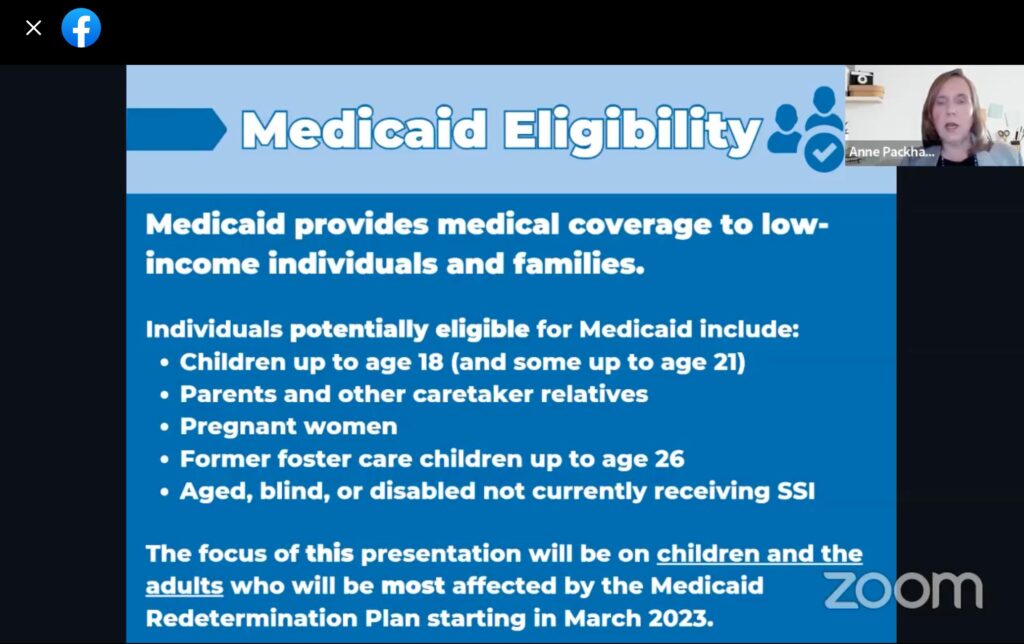
In this post, we will delve into the various benefits that Medicaid offers to residents of Florida. Medicaid is a vital program that provides healthcare coverage to individuals and families with limited income, offering access to essential medical services and treatments. By understanding the benefits of Medicaid in Florida, we can appreciate the importance of this program in ensuring the well-being and health of those in need. Join us as we explore the valuable services and support that Medicaid provides to the community.
Overview of Medicaid Program in Florida
Medicaid in Florida plays a crucial role in providing healthcare coverage to individuals and families with limited income. As a joint federal and state program, Medicaid offers a range of services to help eligible residents access necessary medical care. With a focus on low-income individuals, pregnant women, children, and people with disabilities, Medicaid serves as a vital safety net for vulnerable populations in the state.
Importance of Medicaid in Florida
Medicaid ensures that those who may not afford health insurance can still receive essential medical treatments and services. By covering a wide array of healthcare needs, including doctor visits, hospital stays, prescription medications, and preventive care, Medicaid helps to promote the overall well-being of individuals and families in Florida.
Eligibility Requirements for Medicaid in Florida
Overview of Medicaid Program in Florida
Before diving into the eligibility requirements, it’s important to have a basic understanding of the Medicaid program in Florida. Medicaid is a state and federally funded program that provides health coverage to low-income individuals and families. In Florida, the program is managed by the Agency for Health Care Administration (AHCA) and aims to ensure that vulnerable populations have access to essential healthcare services.
Eligibility Criteria
Medicaid eligibility in Florida is based on various factors, including income, household size, age, disability status, and citizenship. To qualify, individuals must fall within a certain income bracket that is determined by the Federal Poverty Level (FPL). Additionally, certain groups, such as pregnant women, children, the elderly, and individuals with disabilities, may have specific eligibility criteria tailored to their needs.
It’s important to note that eligibility requirements can change, so staying informed about the current guidelines is crucial. Additionally, individuals who are unsure about their eligibility status can contact their local Medicaid office for assistance and guidance.
Coverage and Services Provided by Medicaid in Florida
Medicaid in Florida provides a vital safety net for low-income individuals and families, offering a range of healthcare services and coverage to those who qualify. Through Medicaid, individuals can access essential medical services such as doctor visits, hospital care, prescription medications, preventive care, mental health services, and more. This coverage is crucial in ensuring that vulnerable populations have access to the healthcare they need to stay healthy and address medical issues.
Additionally, Medicaid in Florida also covers services that go beyond traditional medical care, including long-term care for seniors and individuals with disabilities. This aspect of the program plays a significant role in supporting individuals who require ongoing assistance with daily activities or specialized medical services. By providing access to a comprehensive range of healthcare services, Medicaid in Florida aims to improve health outcomes, enhance quality of life, and reduce healthcare disparities among the state’s population.
Application Process for Medicaid in Florida

Before diving into the application process for Medicaid in Florida, it’s important to understand the significance of this program. Medicaid plays a crucial role in providing healthcare coverage to low-income individuals, families, pregnant women, and people with disabilities who may not otherwise have access to medical services. The program is designed to ensure that vulnerable populations have the necessary support to stay healthy and receive the care they need.
Initial Steps
When applying for Medicaid in Florida, the first step is to gather all the necessary documentation, including proof of income, residency, citizenship, and any other relevant information. Once you have gathered the required documents, you can start the application process either online, by mail, in person, or over the phone. It’s essential to provide accurate and up-to-date information to avoid delays in the application review process.
Comparing Medicaid benefits in Florida to other states
When looking at the Medicaid benefits provided in Florida compared to other states, it’s important to consider the differences in coverage and services available to beneficiaries. Each state has its own set of rules and regulations governing their Medicaid program, which can result in variations in benefits offered.
For example, some states may have more expansive coverage for certain medical services or may offer additional benefits such as dental or vision care that are not provided in Florida. On the other hand, Florida may excel in certain areas of coverage that other states do not prioritize. By comparing Medicaid benefits across different states, policymakers and advocates can identify areas where Florida may need to improve its program to better serve its residents.
Challenges and Future Prospects of Medicaid in Florida
The Medicaid program in Florida faces various challenges as it strives to provide healthcare coverage to low-income individuals and families. One of the major challenges is the ongoing debate over funding and budget constraints, which can impact the availability and quality of services provided. Additionally, the state’s rapidly growing population puts pressure on the Medicaid system, leading to concerns about sustainability and resource allocation. Addressing these challenges will require collaboration between policymakers, healthcare providers, and community stakeholders to ensure the program’s effectiveness and efficiency.
Looking towards the future, there are opportunities to improve Medicaid in Florida by focusing on innovative solutions such as telehealth services and preventive care initiatives. By leveraging technology and promoting wellness programs, Medicaid can better meet the evolving healthcare needs of its beneficiaries while controlling costs. Furthermore, increasing public awareness and education about Medicaid benefits and eligibility criteria can help ensure that those in need can access the necessary care. Ultimately, by addressing these challenges and embracing new approaches, the future of Medicaid in Florida holds promise for enhancing the well-being of vulnerable populations across the state.